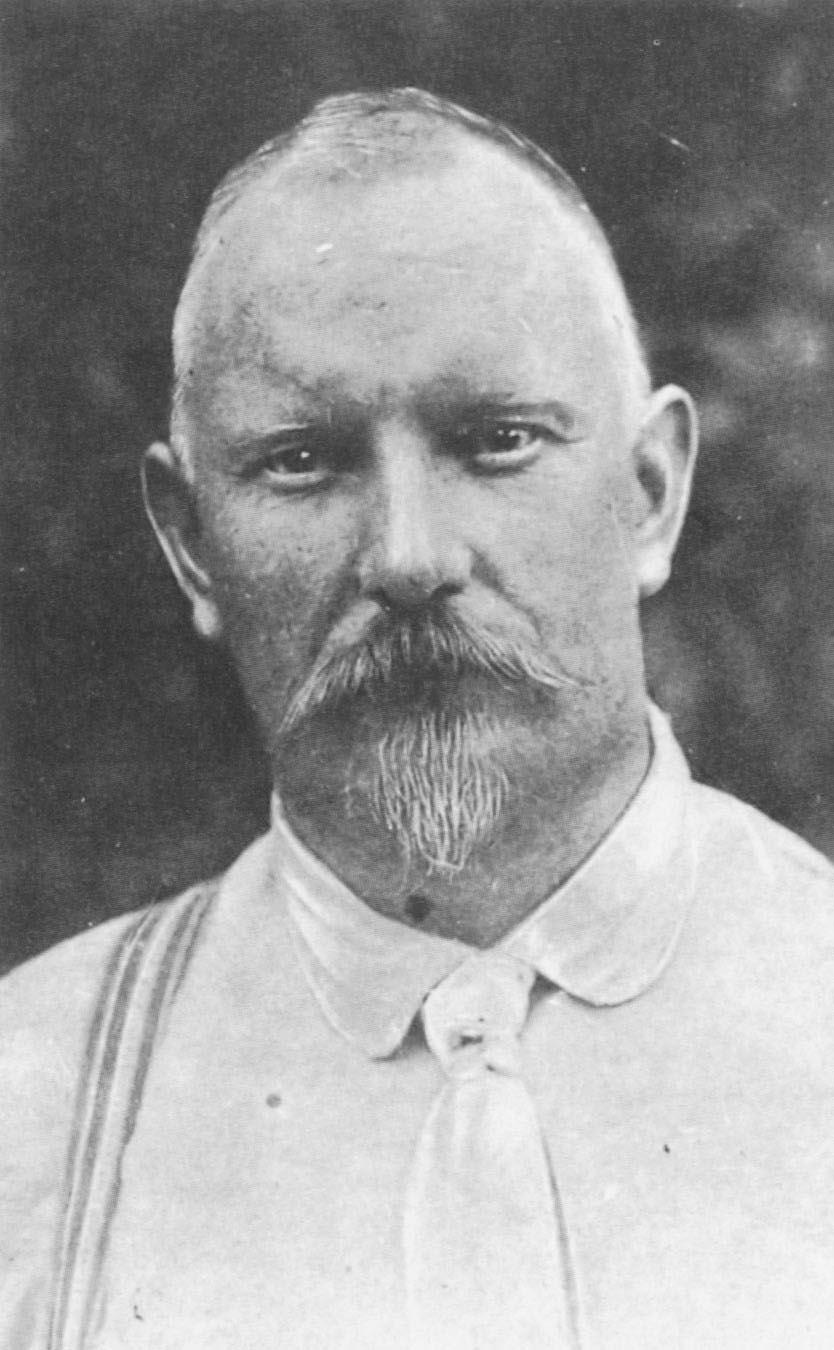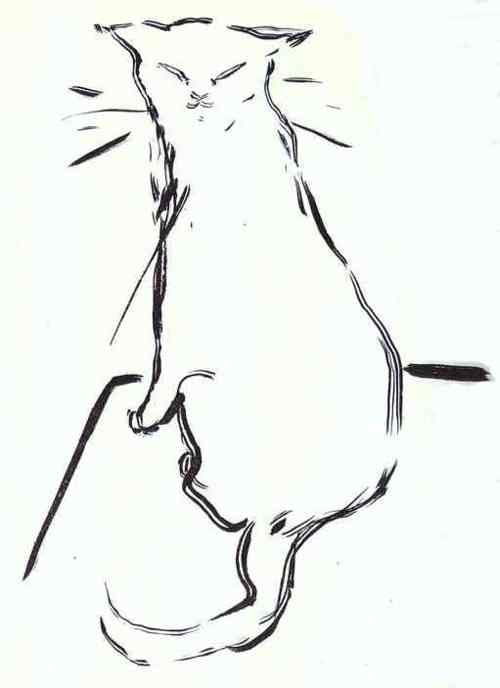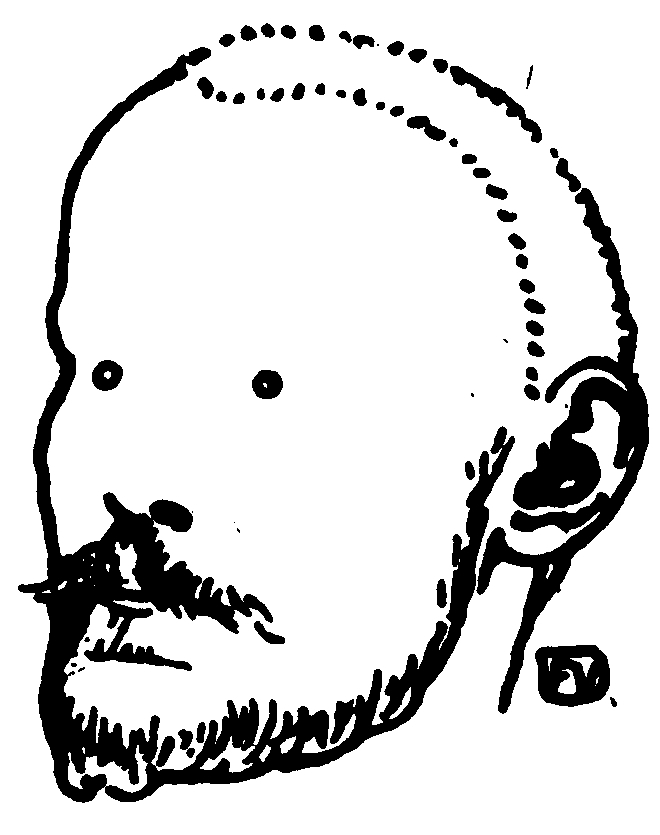Craft Notes
“My mis-shapen head cracks through all the clichés.” – Jules Renard, on Writing
Years before Twitter and Robert Walser, Renard maximized the miniature. These are all from The Journal of Jules Renard, which Tin House reprinted in 2008, written between 1887 & 1910.
“You can recover from the writing malady only by falling mortally ill and dying.”
“In order to do certain crazy things, it is necessary to behave like a coachman who has let go of the reins and fallen asleep.”
“To seize the fleeing idea by the scruff of the neck and rub its nose on the paper.”
“The fear of boredom is the only excuse for working.”
“I read novel upon novel, I stuff myself with them, inflate myself with them, I’m full up to my throat with them, in order that I may be disgusted with their commonplaces, their repetitions, their conventions, their systematic methods of procedure; and that I may do otherwise.”
“The critic is a botanist. I am a gardener.”
“The true artist will write in, as it were, small leaps, on a hundred subjects that surge unawares into his mind. In this way, nothing is forced. Everything has an unwilled, natural charm. One does not provoke: one waits.”
“It is in the heart of the city that one writes the most inspired pages about the country.”
“A thought written down is dead. It was alive. It lives no longer. It was a flower. Writing it down has made it artificial, that is to say, immutable.”
“I am fond of people in the degree to which they furnish me with notes.”
“That poignant sensation which makes you take hold of a sentence as though it were a weapon.”
“To lie watching one’s mind, pen raised, ready to spear the smallest thought that may come out.”
“Realism! Realism! Give me a fine reality and I will model myself on it.”
“Style is to forget all styles.”
“Oscar Wilde next to me at lunch. He has the oddity of being an Englishman. He gives you a cigarette, but he selects it himself. He does not walk around a table, he moves a table out of the way. His face is kneaded with tiny red worms, and he has long teeth, containing caves. He is enormous, and he carries an enormous cane.”
“He had a fear of working, and was annoyed because he did not work.”
“One gets fed up with writing well.”
“The hours when we should like to write nothing but music.”
“If the word arse appears in a sentence, even in a sublime sentence, the public will hear only that one word.”
“To write about a friend is to break with him.”
“How describe the delicate thing that happens when a brilliant insect alights on a flower? Words, with their weight, fall upon the picture like birds of prey.”
“Style means the right word. The rest matters little.”
“O critic! I understand your criticism very well. Just between us, even I am not always pleased with myself.”
“Life can do without logic; literature cannot.”
“I love you as I love that phrase I made up in a dream and which I am unable to remember.”
“A taste so bad that it is still taste.”
“What I write is like letters to myself that I would then permit you to read.”
“Do not say that what I write is not true. Everything is true: say that I have written it badly.”
“When I have experienced great difficulty in writing a page, I consider it well written.”
“I was born for successes in journalism, for the daily renown, the literature of abundance: reading great writers changed all that. That was the misfortune of my life.”
“To load my sentences well, aim well, and score a bull’s eye.”
“All our criticism consists of reproaching others with not having the qualities we believe ourselves to have.”
“I no longer enjoy writing. I have made for myself too difficult a style.”
“The bird alights on the rosebush not because of the rose, but because of the plant lice.”
“I am a realist bothered by reality.”
“The death of my father makes me feel as though I had written a beautiful book.”
“I read what I write as though I were my mortal enemy.”
“‘You are working?’
‘I am trying to work; which is much more difficult.'”
“I was brought up by a library.”
“Inspiration is perhaps only the joy of writing; it does not precede writing.”
“There is nothing like a disciple to show us our faults.”
“An admission: work creates a slightly complacent satisfaction. Laziness, on the other hand, gives rise to a state of anxiety that brings us out of ourselves: the mind may owe to it some of its most subtle perceptions.”
“I always feel like saying to music: ‘It isn’t true! You lie!'”
“For a writer who has been working, to read is like getting into a carriage after a toilsome walk.”
“I write down thoughts for when I am dead. They are of no use to me while I am alive. I even forget to think them.”
“There are stoytellers and writers. You can tell any story you like; you cannot write whatever you like: you write only yourself.”
“Style is the habit, the second nature of thought.”
“Go to meet a poet with a few of his verses on your lips.”
“Irony does not dry up the grass; it just burns off the weeds.”
“The task of the writer is to learn how to write.”
“One should not speak of rereading the classical masterpieces—one always seems to be reading them for the first time.”
“Every one of our works must be a crisis, almost a revolution.”
“A dream is only life madly dilated.”
“Writing. The most difficult part is to take hold of the pen, dip it in the ink, and hold it firm over the paper.”
“I wait, in order to work, that my subject begins to work on me.”
“Every moment my pen drops because I tell myself: ‘What I am writing here is not true.'”
“The poems of our dreams, upon which reason acts, on waking, as the sun acts upon the dew.”
“Whatever kind of literature it may be, it is always more beautiful than life.”
“The cat is the life of furniture.”
“Language has its flowerings and its winters. There are styles bare as the skeletons of trees, then comes the flowery style of the full, leafy, bushy school. Then comes the pruning.”
“To dream is to think by moonlight, by the light of an inner moon.”
“Weep! But not one of your tears must reach the tip of your pen and mix itself with your ink.”
“Truth is not always art; art is not always truth; but truth and art have points of contact, which I am seeking.”
“When I think of all the books still left for me to read, I am certain of further happiness.”
“The writer must create his own language, and not use that of his neighbor. He must be able to watch it grow.”
“Words must be nothing but the clothing, carefully made to measure, of thought.”
“The beauties of literature. I lose a cow. I write about her death, and this brings me in enough to buy another cow.”
“Literature does not have the power of creating emotion out of something that contains none.”
“One can quickly discover if a poet has talent. In the case of prose writers, it takes a little longer.”
“As mayor, I am supposed to look after the maintenance of the rural roads; as a poet, I like them better neglected.”
“A style as pure as water is clear from, as it were, wearing itself down on stones.”
“Truth. Some novelists do get her out of the well, but then they promptly wrap her in blankets.”
“Since the day that I got to know the peasant, any bucolic writing, even my own, has seemed a lie.”
“Ah, what beautiful things we should write if we were without taste! But voilà—taste is French literature entire.”
“It is mainly from memory that I take notes. When I look, when I listen, it never occurs to me that in a moment I shall have to write.”
“The restless but clear-sighted—hence active and healthy—mind of a man not engaged in work.”
“Does a flame give out its brilliance in order to cook a pot of soup?”
“Henri de Régnier tells me that Mallarmé could not understand how anyone could write the words ‘God’ and ‘heart.’ ‘God,’ in a sentence, creates the effect of a stone in a spider’s web. ‘Heart’ no doubt evokes too material an image.”
“Yes, what death does is interesting, but it repeats itself too much.”
“Any writer who is polite, who acknowledges a letter or the receipt of a book, does not believe himself to be famous.”
“Work is a little like a prison: how many pleasant, passing things it keeps us from seeing!”
“A day lost in dreaming about work put off from hour to hour. Notes, a good find or two, perhaps; the trimmings, not the essential.”
I envy Marinette: she has cooked our soup.
I have done nothing. If only I had driven a few nails, split some wood, sowed carrot seeds, written on no matter what subject, a few lines that would be published tomorrow and for which I would receive a few sous! I should not have done nothing, I should not have wasted my day.
In order to work, you clear away the obligations in your life. No visits, no meals on the outside, no fencing or promenades. You will now be able to work, do fine things—and, on that wide gray sheet that is a day, your mind projects nothing.”
“Nights without sleep, long night in which the brain lights up like a big city. What a beautiful procession of dreams that you believe to be alive! By morning they are no more. The awakening, that pitiless sweeper, has pushed everything into the sewer.”
“I understand the tree: it does not reason.”
“Style. I always stop at the brink of what will not be true.”
“Perhaps, if you were to become too perfect morally, you would become like that little stunted tree I see through my window, that no longer produces a single leaf.”
“I take joyous little excursions in my interior, on my lake of ennui.”
“The joy of a finished work spoils the work you are about to begin: you now believe that it is easy.”
“A work must be born and grow like a tree. There are not, in the air, invisible lines along which the branches will set themselves: the tree comes entire from the germ that contained it, and delvelops free, in the open air. It is the gardener who traces plans, marks paths to follow, who spoils it.”
“The beautiful page written by a tree endures only a season.”
“I don’t write too badly, because I never take any risks.”
“Posterity! Why should people be less stupid tomorrow than they are today?”
“The word that is most true, most exact, most filled with sense, is the word ‘nothing.'”
“Perhaps genius is to talent what instinct is to reason.”
“Your page on autumn must give as much pleasure as a walk through fallen leaves.”
“Truth on earth is to falsehood what a pin’s head is to the earth.”
“I have become short, tight, shrunken, owing to success, compliments. My real nature was perhaps to be light, effusive, witty. The only things I write well are letters to Marinette.”
“The profession of letters is, after all, the only one in which one can make no money without being ridiculous.”
“The moments during which, like a fish in the water, I move with ease within the infinite.”
“When I am not original, I am stupid.”
“Most men have seen approximately the same things, but only the artist knows how to recall them to his memory.”
“The saddest moments: when we begin to wonder if wisdom is not just a hoax.”
“This is a notebook of abortions.”
“One could say of Maupassant that he died of fright. The sense of the void made him lose his head and killed him. Nowadays we are less preoccupied with the void. We are getting used to it, and this evolution within our lives is a literary revolution.”
“An honorable man of talent is as rare as a man of genius.”
“I spend my days at my desk like a hare in his burrow. I dream, and, like him, I am fearful—fearful of writing.”
“I have an idea the way I look at a bird: I am always afraid it will fly away, and I don’t dare touch it.”
“A young man without talent is an old man.”
“The old woman has got into the habit of coming to sit on the bench. There is another who will take her place, full size, in one of my books!”
“One must write as one speaks, if one speaks well.”
“I want to do things right, and that someone, anyone, should take note of it.”
“My brain is becoming like a spider’s web; life can no longer go by without being caught.”
“The poet. Like the cicada: a single note indefinitely repeated.”
“I tell Baïe to fetch me my notebook and pencil.
‘Right away,’ says she. ‘Hang on to your idea, Papa!'”
“Writing for someone is like writing to someone: you immediately feel obliged to lie.”
“There is a sort of deliberate originality, which one expects.”
“Voltaire was a wonderful business man, which explains why he did not remain the poet he believed himself to be.”
“Taste ripens at the expense of happiness.”
“My ignorance and my admission of ignorance—these constitute the best part of my originality.”
“To write, constantly to write! But nature does not constantly produce. She gives flowers and fruit in her season, and then she rests for at least six months. Which is about my measure.”
“Words: the pieces of change in the currency of a sentence. They must not get in the way. There is always too much small change.”
“I know only one truth: work alone creates happiness. I am sure only of that one thing, and I forget it all the time.”
“Style. Thick, heavy syllables that deafen the reader and prevent the sentence from being heard.”
“Books have lost their savour. They no longer teach me anything. It is as though one were to suggest to a painter that he copy a painting. O nature! There is only you left.”
“Last night, reread some Taine and Gautier. How much superior of the two is Gautier: he has the exact word, of the right color. He has words of all colors, and he knows how to select them. Besides he does not suggest: he paints directly. Taine works hard. He is outstanding on set subjects, but posterity does not care about that sort of thing.”
“Anatole France is really nothing but the foremost among the amateurs.”
“One must know how to be careless with style in order to sound more limber.”
“You sit down to work. For a long time, nothing. you don’t even try. All at once, a sort of breath passes, and the fire catches.”
“At my desk I am like a donkey in his stall. I read and do nothing. My mind eats and ruminates.”
“Literature is an occupation in which you have to keep proving your talent to people who have none.”
“Good taste may be nothing but a fear of life and a fear of the beautiful.”
“Truth is always disenchanting. Art is here in order to falsify it.”
“Realism has conquered only in details.”
“What is the good of these notebooks? No one tells the truth, not even the one who writes it down.”
“Absorbed as a cat watching on the ceiling the reflection of a lamp.”
“Between my brain and me there is always a layer that I cannot penetrate.”
Tags: jules renard, on writing, protomicroblogging




Critics are botanists, gardeners, farmers, florists, or salad-tossers. An artist is a green fuse among the elements.
Theology would therefore be stone-spinning and -weaving–using stones to catch flies.
I think theologians – and sentence-writers generally – would love to have this power.
Wow. These are wonderful! I seriously need to read more Jules Renard. Thanks.
this is bomb
bomb it is!
[…] Odd Words September 15, 2011 Posted by Mark Folse in Odd Words, Poetry, Toulouse Street. trackback “What is the good of these notebooks? No one tells the truth, not even the one who writes it down.” – Jules Renard quoted on HTML Giant […]